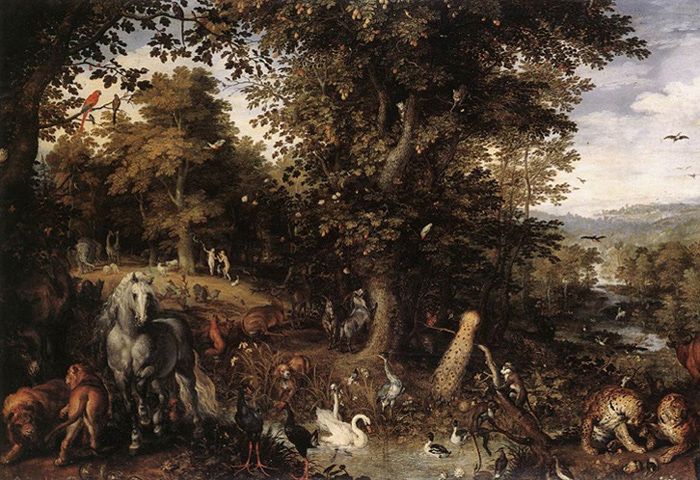- Mar 28, 2005
- 21,968
- 10,837
- 77
- Country
- New Zealand
- Gender
- Male
- Faith
- Charismatic
- Marital Status
- Married
SDA theology has a lot of good stuff in it. I enjoyed Mr Batchelor's teaching on eschatology. I found it very interesting, especially as he compares history from ancient times with Daniel's prophecy. Some of his views about what is going to happen in the very last days I accept as his opinion given that it is very difficult to interpret apocalyptic literature, such as the book of Revelation, which might have been better understood at the time when John wrote it, but much harder 2000 years later when through the mists of time we no longer have the significant keys for understanding it.I find nothing to disagree with there. That said, I only support this article from this website. Not everything, I have found they are SDA's.
I do take issue with his view that unless we adopt the Saturday Sabbath we are not saved. He doesn't say it straight out, but he certainly implies it. He says that adoption of Sunday worship was an invention of the apostate RCC church and that worshiping on Sunday is celebration of the pagan Sun god. I don't agree, because it was the custom of the Gentile churches to meet on the first day of the week, which was Sunday, being the only day they did not have to work at their place of employment. Before AD70, the Jewish Christians worshiped on Saturday at the Temple, and often Paul went to the Synogague on the Sabbath to share the Gospel. He had no problem with worshiping on Saturday and Sunday, because when he was with the Jews he presented himself as a Jew, and when he was with the Gentiles he presented himself as a Gentile, so that he could be all things to all people order to be able to win some to Christ.
In fact, if someone invited me to an SDA church to worship on Saturday, I would have no problem with that, because I am free to worship God whenever and wherever I choose. I am not obligated to worship either on Saturday or Sunday to confirmed that I am genuinely converted to Christ. Because I am converted to Christ first, it doesn't matter what day I decide to go to church. If I found myself in a town where the only church available was the SDA, I would happily go there, because it is better to go to that church than no go to church at all. But to be absolutely clear, I wouldn't do the same if the only church was LDS or JW, for obvious reasons.
I also take issue with his teaching on tithing, that we are robbing God (that is, threatening our salvation) if we are not tithing the obligatory 10 percent. As has been pointed out on CF in the tithing threads, tithing was not about money. It concerned contributing farm produce to support the Levites, who had no land of their own to support themselves. The produce was not brought to the temple, but to separate storehouses that the Levites could access. The modern day equivalent would be for farmers to contribute their farm produce for the support of the church's full time pastors and workers and the produce is not brought to the church, but made available in premises in the same way that food banks distribute food to those in need. I would support church members agreeing to a set subscription to ensure that the full time pastor was paid a living wage. But I wouldn't call it a tithe, but a set subscription in the same way a club or gym would have a membership subscription. I know that the Gospel is free, but those full time pastors who preach the Gospel should not be giving their services free if they are not self supporting. I think that some church members use the free nature of the Gospel to be leaches and freeloaders taking what they can from the churches instead of giving their time, energy and money to support the life of the church.
Last edited:
Upvote
0


